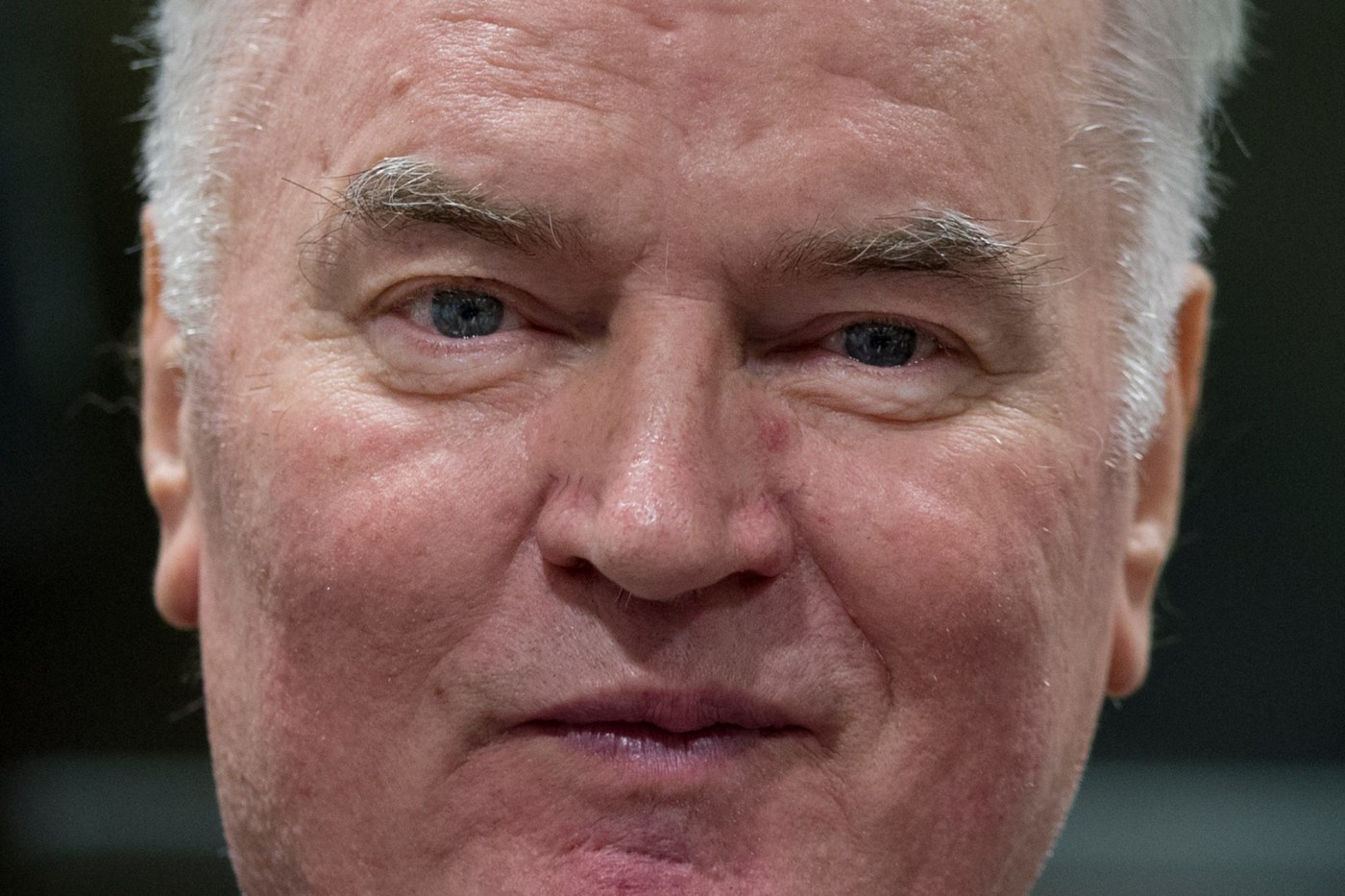UPDATE: Today marks the sixth anniversary of the historic genocide conviction of Ratko Mladic, the Bosnian Serb general responsible for the infamous Srebrenica massacre in 1995. This brutal event, recognized as the worst massacre in Europe since World War II, led to Mladic being sentenced to life in prison by the United Nations’ Yugoslav war crimes tribunal on November 22, 2017.
This anniversary serves as a stark reminder of the atrocities of war and the ongoing struggle for justice in the Balkans. Mladic’s conviction not only highlights the importance of accountability but also resonates with survivors and families impacted by the tragedy. The Srebrenica massacre, where over 8,000 Bosniak men and boys were systematically killed, remains a pivotal moment in European history.
On this day, we also remember other significant events that have shaped our world. For instance, in 1963, U.S. President John F. Kennedy was assassinated in Dallas, Texas, a tragic event that forever altered the course of American history. The implications of that day still echo in political and social contexts today.
In addition, Mike Tyson made history on this date in 1986, becoming the youngest heavyweight boxing champion at just 20 years old, showcasing how moments in sports can also redefine records and inspire generations.
As we reflect on these events, the significance of November 22 continues to resonate. It serves as a day of remembrance for victims of violence and a call to action for ongoing justice efforts. The legacy of Mladic’s conviction reminds us of the importance of holding individuals accountable for their actions during conflict and the need for continued dialogue about peace and reconciliation.
As we move forward, it is crucial to keep these discussions alive. The impact of Mladic’s trial and the Srebrenica massacre should not be forgotten, as they continue to shape policies and societal attitudes toward war crimes and human rights abuses.
Stay tuned for updates on how these historical events influence current discussions around justice and reconciliation in conflict-affected regions.
